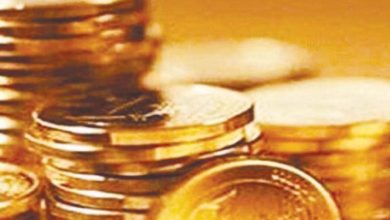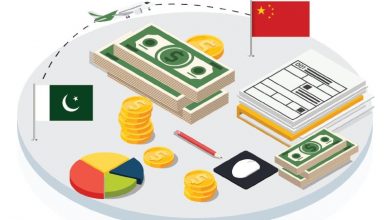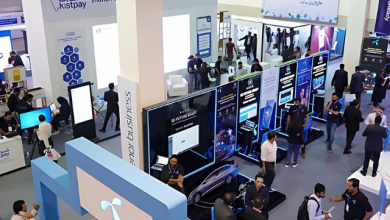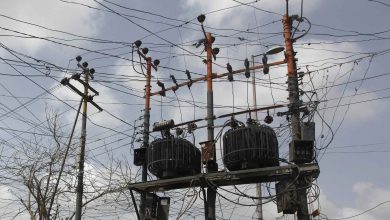Punjab opposes LPG policy incentives
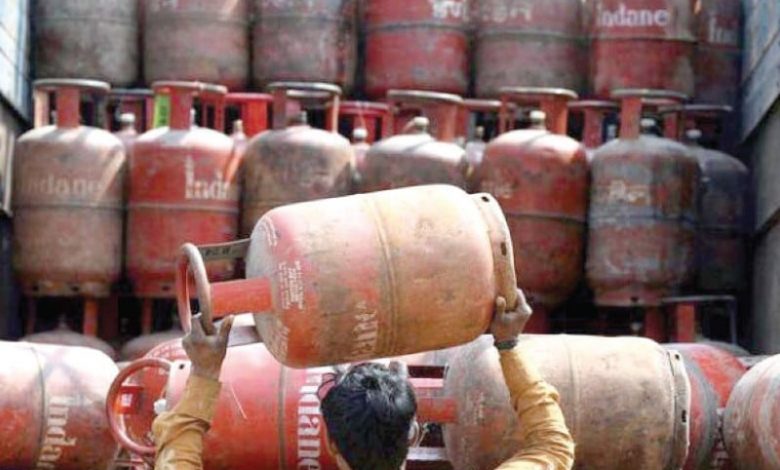
The Punjab government has raised questions over proposed incentives in the Pakistan LPG Policy 2024, which could have an impact on its share in revenue.
Sources told The Express Tribune that a report had been sought from the federal government about the financial implications related to the collection of taxes on liquefied petroleum gas (LPG) in the wake of incentives proposed in the LPG Policy 2024.
The Shehbaz Sharif-led government has again become active to introduce the new LPG policy. Earlier, the Pakistan Democratic Movement (PDM)-led administration started work on introducing amendments to the LPG policy in a bid to remove the disparity in taxes on imported and locally produced gas.
However, the matter was put on the back burner during the caretaker government tenure where no progress was seen.
Now, the government has taken up the matter again and the prime minister has directed the Petroleum Division to expedite work, in collaboration with the Federal Board of Revenue (FBR) and the Finance Division, and finalise the policy for presentation to the inter-provincial forum – the Council of Common Interests (CCI).
The approval of the LPG policy has been pending since the PDM government was in power.
The Energy Department of Punjab has requested the Petroleum Division to share financial implications for the current share of Punjab in federal tax collections, with reference to the proposed fiscal measures, incentives and concessions outlined in Clauses 17 and 26 of the draft Pakistan LPG Policy 2024.
It has also asked what would be the financial impact on Punjab when royalty on LPG is paid by producers based on the realised market value, as per the CCI decision in its 43rd meeting.
Earlier, the Petroleum Division proposed a draft, which called for government intervention in the allocation of LPG supplies to Sui companies without any bidding process under the new LPG Policy 2024.
However, LPG producers opposed it, fearing it would lead to anti-competitive practices and kill the spirit of deregulation.
In the LPG Policy 2024, the Petroleum Division proposed that all LPG producers would dedicate up to 10% of their production to Sui gas companies and marketing firms for exclusive consumption in LPG air-mix plants.
These plants have been developed and operated by Sui companies for energy supply in far-flung and hilly areas where piped natural gas is not available.
The Petroleum Division proposed that an additional 5% of LPG production would be dedicated to marketing companies for exclusive supplies in Azad Jammu and Kashmir (AJK) and Gilgit-Baltistan.
These dedicated volumes (15%) will be offered without following bidding process and at a weighted average price of LPG. The Oil and Gas Regulatory Authority (Ogra) will ensure compliance with the proposals.
However, LPG producers have opposed the allocation of 15% production to Sui gas and marketing companies without any bidding process, terming it “anti-competitive”.
Besides being anti-competitive, they stressed, the preferential allocation of LPG in percentage terms was also against the spirit of the deregulation regime.
According to the new policy, LPG producers can sell partially or wholly their remaining production (excluding the dedicated sales of 15%) to their subsidiaries involved in marketing under long-term contracts, provided such subsidiaries market and distribute the entire volumes on their own or through their distributor network without resale to any other marketing company or its distributor.
In the draft, it was revealed that LPG producers would follow a monthly, quarterly or yearly competitive bidding process to dispose of and sell their product to the marketing companies having a valid Ogra licence and meeting the pre-qualification criteria, at a competitive market price under the deregulated pricing regime.

